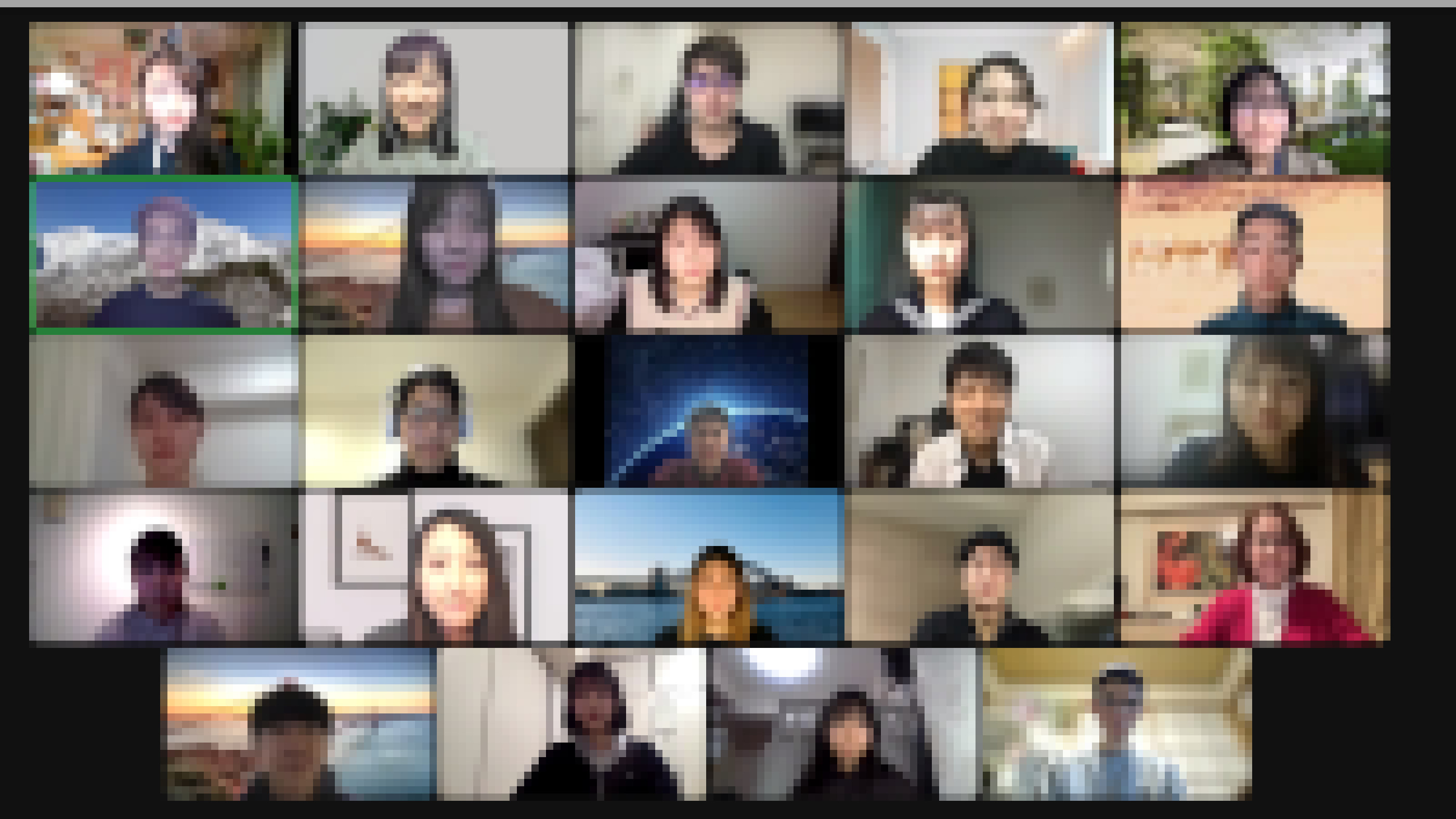- HOME
- Activities
- Forum List
- Forum Details
January.15.2022 KIP Forum "Business development of Japanese companies in Asia and how they work"

Ms. Nagiko Wada
Profile:After graduating from the University of Tokyo's Graduate School of Public Policy in 2016, she joined Japanese manufacturer of air conditioners. After managing affiliated companies in Asia and Oceania, she was transferred to affiliated factory in Thailand in 2019 under the in-house overseas training program. After completing the training, she will be officially transferred to Thailand in 2021. Currently, she is engaged in business management of the local factory, budget management, and support for affiliated companies in the Asian region.
【Speech and Q&A】
First, we heard an overview of Southeast Asia and an overview of Thailand. Southeast Asia is currently experiencing remarkable growth as the world's growth center, with Thailand's growth rate in particular growing by about 15 times between 1980 and 2020. As a result, industrial supply from Southeast Asia to the rest of the world is attracting attention. She also explained her knowledge of "comparative advantage theory" and the "middle-income trap" in thinking about this growth in Southeast Asia.
We also heard about her company, a comprehensive air conditioning manufacturer that is involved in both air conditioning equipment and refrigerants. Unlike general home appliance manufacturers, the company is the one whose air conditioning business accounts for more than 90% of its business. Also, we learned about its strategy in overseas markets, especially in Southeast Asia where air conditioning market is growing in recent years. In particular, I learned that while some of the company's overseas strategies were based on its sales strategies in Japan, there were some aspects that are not straightforward due to differences in climate and its culture.
In the Q&A session, there were questions based on actual experiences, such as why the air conditioning in hotels and buildings in Southeast Asia is too effective, and questions about the differences between working in Thailand and Japan. In the former question, I learned that in Southeast Asia, air conditioning is often not installed in all facilities, and that keeping the room temperature low is a sign of wealth. I think it interesting because in Japan, people like places where air conditioning is "comfortable" rather than it is too hot or too cool. In terms of working styles in Thailand, the majority of the staff in Ms. Wada's department are women, and she rarely feel aware of gender in the workplace. I learned that not only about company’s business strategies, but also the changes in her own thinking that she has experienced by working abroad.
【Group discussion and ground discussion】
This discussion was on the theme of "What approach should we take to create new demand for air purifiers and expand sales? In my group, we divided the discussion into urban areas where people are familiar with air purifiers and rural areas where people are not. In urban areas, we thought that we could appeal the usefulness of air purifiers by placing them in places where they would be visible to the public and adding a function to visually show their effectiveness. On the other hand, in rural areas, we thought it was important to familiarize people with the air purifier, so we thought it would be effective to offer a subscription system or a free trial period to encourage people to use it.
【Presonal Impression】
It was a good opportunity for us to hear many fresh and interesting opinions because the format of the discussion this time was a little different from usual, where we had to come up with ideas. In particular, it was difficult to think about how to promote air purifiers from scratch in areas where people are not familiar with them, but thinking strategies considering features and cultural difference was interesting.
(Mirei Nishikawa, Keio University, Economics, 2nd year)


